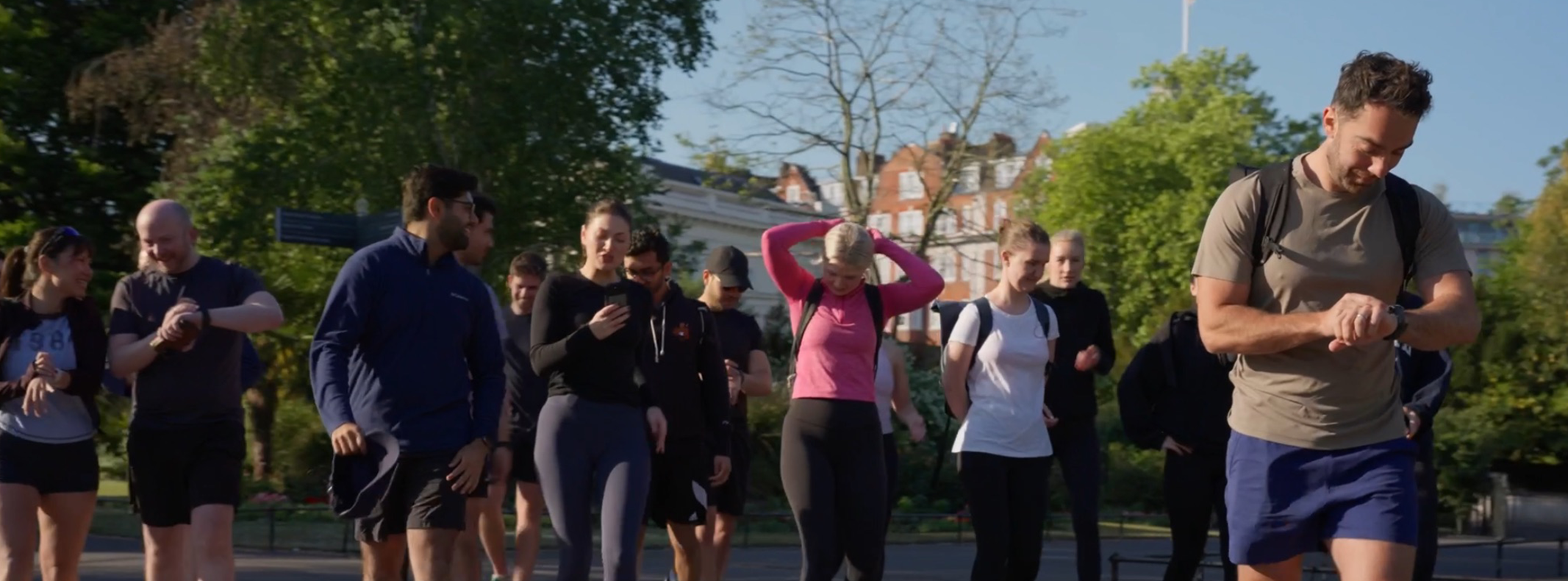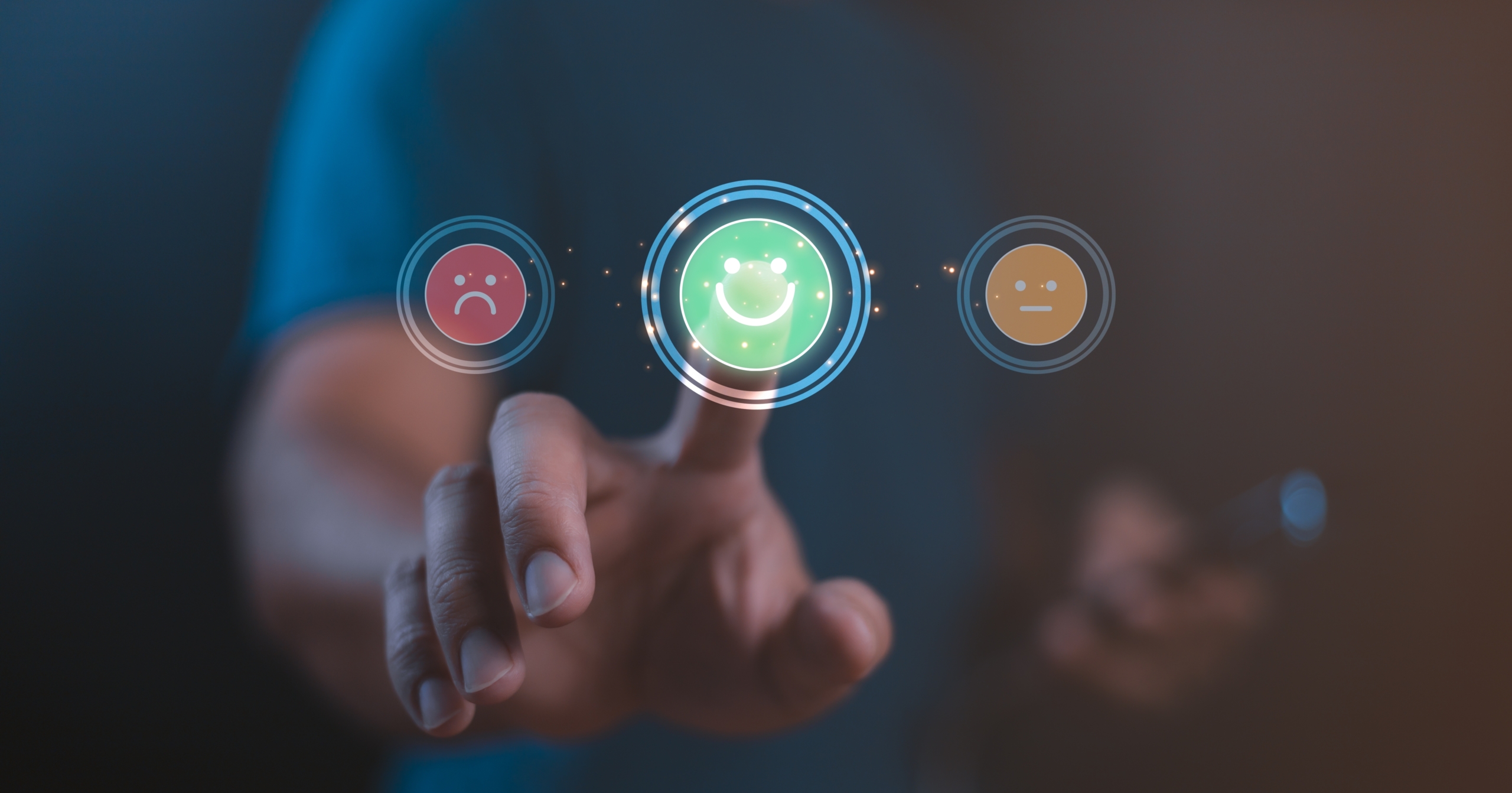Taboos in healthcare present startups with a golden opportunity.
There are many industries where institutional and social biases are dumb but powerful barriers. I wonder, for example, which is the most likely scenario?
a. A 45 year old man talking about how he feels depressed and unfulfilled to his friends in the pub
b. A teenager asking for guidance from their friends in the playground about how to think about safe sex
c. A 25 year old man tweeting to ask for queries about erectile dysfunction
d. A terminally ill cancer patient asking where they could get cannabis
It’s not that people don’t ask these questions, it’s just that these are conversations we are led to believe are inappropriate or somehow denote a problem. The latent demand for services that support or address some of the most personally-felt challenges is seen by companies like Hims in the US selling erectile dysfunction medications. Their Day 1 revenues were $1m. Whilst the conversations don’t seem to happen, the demand is clearly there.
There is a risk that Hims becomes an over-used example in this field, but the concept rings true elsewhere. We had the privilege to invest in Alex and Tania at Elvie before they had launched their first product, the kegel exercise trainer. What this essentially does is strengthen the muscles around the uterus and bladder to prevent issues such as incontinence, common after childbirth or as a natural part of ageing. The second product, the breast pump is similarly intimate in subject matter. Elvie took the ingenious choice to debut this product on a catwalk at London Fashion Week, speaking to the need to embrace the issue without apology. A similar PR strategy also involved Elvie placing 50ft breasts on the rooftops of office blocks in central London. Whilst some people were awkward, the demand is there. When Elvie launched their US ecom site with a limited release of the breast pump product, the site crashed due to demand in the first few minutes. There are now more than 17k people on the US waiting list for the next generation breast pump that deals with real issues such as nipple damage and comfort when pumping milk the latent demand is impressive. With a well thought through product, the growth and impact that can be unlocked can be incredible.
One observation I have made is that overcoming inertia or using a previously unknown product is a challenge that most new companies face. However, when applied to businesses addressing some of the most personal and intimate areas of health, this equation seems to be inverted. Whilst you might expect that the more personal the topic, the more challenging it is to overcome, it would seem that the level of latent demand is such that when you do provide an outlet, the most personal topics are those where customers are most willing to take a leap of faith. Take for example the selection of period tracking apps e.g. Clue and Natural Cycle. The fact that there aren’t really any sensible alternatives; customers seem to have suspended their doubts because the problem is just so enormous and they want it fixed. They care enough about the problem to commit to doing things differently.
The level of institutional/cultural bias has in many ways meant that we have also seen low levels of innovation and investment in these “taboo” areas. There is latent demand, there are customers willing to quickly place their trust in a company that addresses their largest problems, but the solutions in many places just don’t exist. Why haven’t there been more mental health platforms? Why haven’t there been more companies addressing sexual education? It is hard to put a finger on why there is a change in attitude towards investing in these areas but is isn’t just within investors that this change has happened.
In the wider Octopus Group, there are approximately 800 people. When it was announced that we would be receiving free staff 1-2-1s with a trained therapist through Sanctus I was surprised that a corporation would prioritise this. Even more surprising was how quickly the excitement and interest rippled throughout the whole company. Some of what I wrongly thought of as the least likely people to engage with self-help and mindfulness were very open about how they had been impacted by it. I just hope more people go from scepticism to support.
We have had a number of other recent experiences with companies seeing the benefit of addressing “taboo” through our investments and ongoing work. These include:
- Elvie – designing and distributing products such as their kegel exercise trainer and breast pump. They acknowledge the value they are bringing to a market where innovation and customer centricity of women has been under-prioritised
- Mush – a valuable community for new and expectant mothers where their impressive growth metrics show the value of these conversations and latent demand
- Dead Happy – a direct to consumer service enabling people to get life insurance in a quick and simple way whilst having a sensitive dialogue ultimately about death
- Big Health – addressing insomnia and increasingly other mental health conditions through the use of cognitive behavioural therapy
As a sub-section of the Octopus Ventures team looking specifically at Health, we are looking to meet and speak with the most pioneering businesses within the space of “taboo.” We believe that some of the largest healthcare breakthroughs will come from this space and we are excited to help support these businesses.
If this fits with your outlook, or you just want to challenge it, then please drop me a line.
Image credit: Josefin













